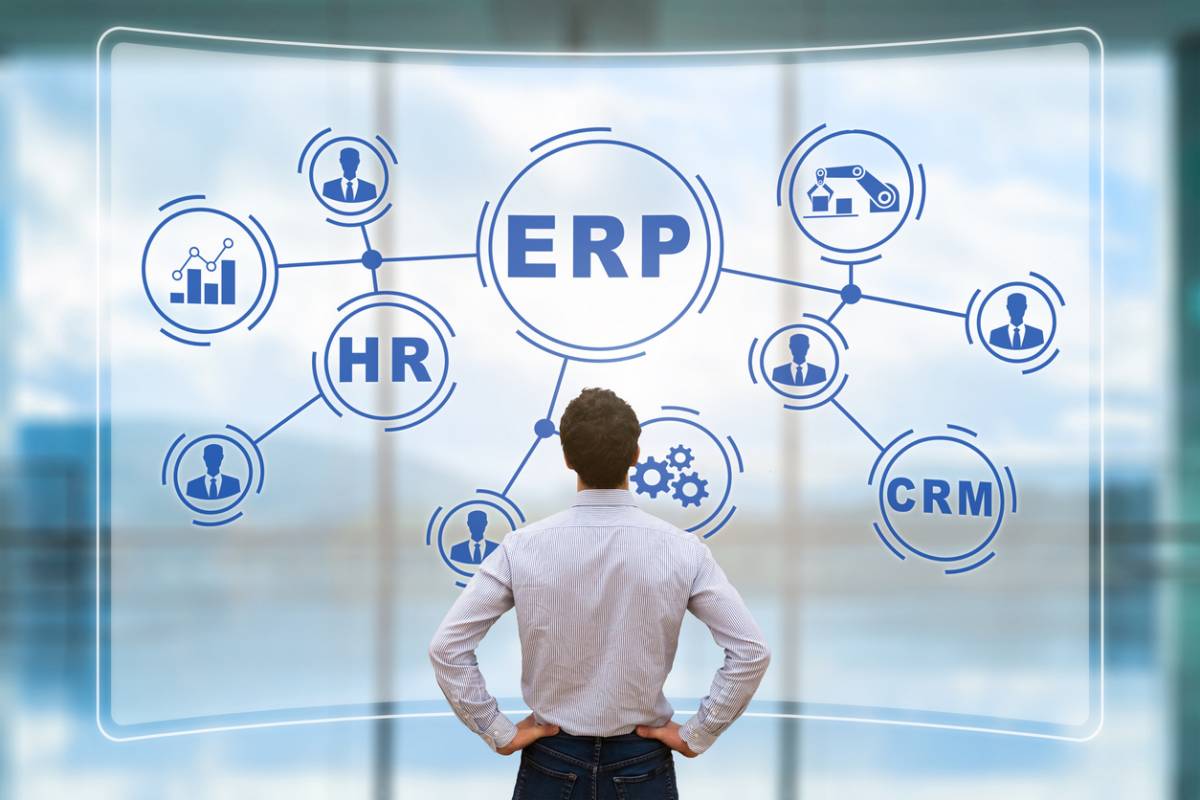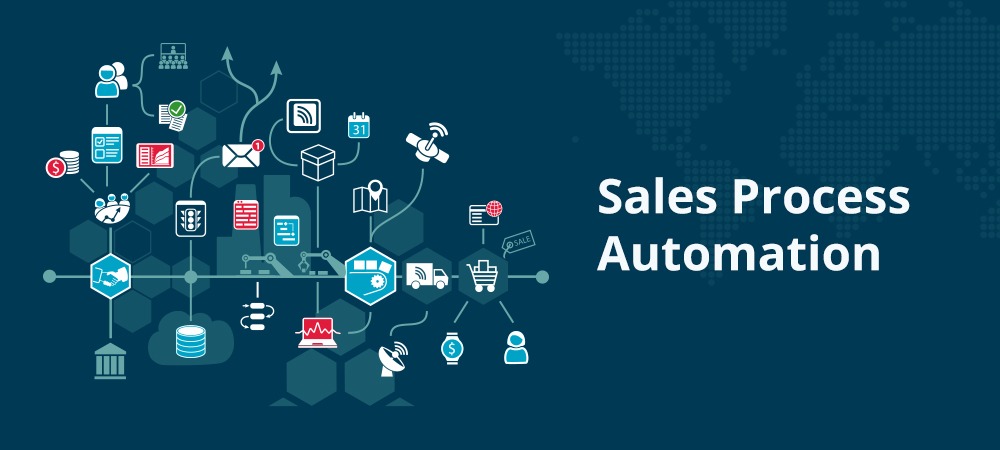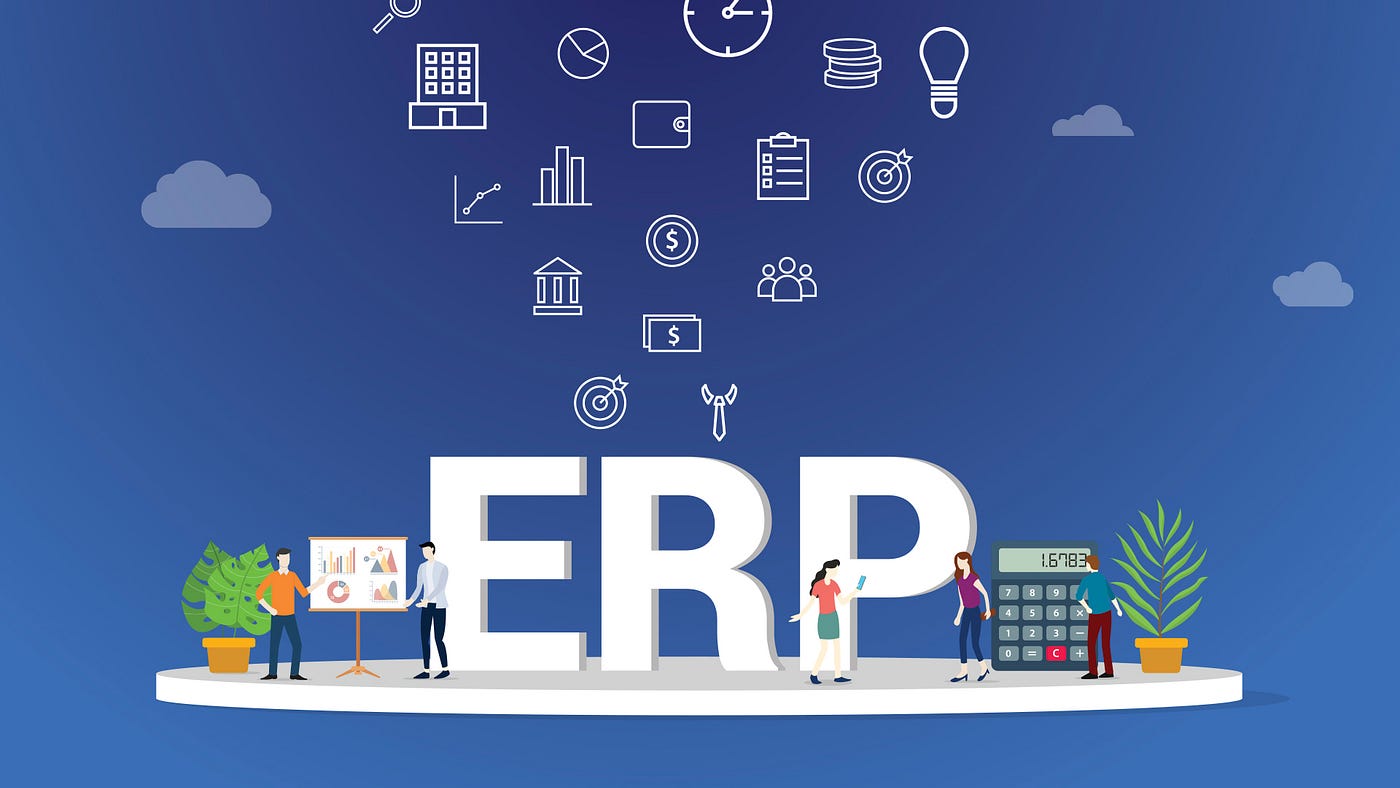Enterprise Resource Planning (ERP) systems have revolutionized how businesses operate. These systems integrate various functions into a single platform, streamlining processes and enhancing efficiency. But how exactly can modern ERP systems boost sales? This article will explore five key factors that demonstrate the sales-boosting potential of these powerful tools.
1. Real-Time Data Analytics

Modern ERP systems, including manufacturing management software, provide real-time data analytics, enabling businesses to make informed decisions quickly. Access to up-to-date information about sales trends, inventory levels, and customer behavior allows companies to respond swiftly to market changes.
This immediacy ensures that businesses can capitalize on emerging opportunities and mitigate potential risks. Additionally, real-time data empowers sales teams to adjust their strategies on the fly, ensuring that they are always aligned with market demands.
Enhancing Forecast Accuracy
Accurate forecasting is crucial for sales strategies. ERP systems compile historical data, current market trends, and predictive analytics to generate precise sales forecasts. This accuracy helps businesses plan better, reduce wastage, and meet customer demand effectively.
By having reliable forecasts, companies can optimize their inventory levels, avoiding both overstocking and stockouts. Moreover, precise forecasting allows businesses to allocate resources more efficiently, ensuring that sales efforts are directed where they will have the most impact.
2. Enhanced Customer Relationship Management (CRM)

Modern ERP systems often come with integrated CRM modules. This integration allows businesses to have a unified view of customer interactions, preferences, and purchase history, leading to more personalized customer service.
By consolidating all customer-related data into one platform, businesses can gain deeper insights into customer behavior and preferences. This holistic view enables sales teams to tailor their approaches to meet individual customer needs, enhancing the overall customer experience.
Improving Customer Retention
A well-integrated CRM within an ERP system helps businesses improve customer retention by providing insights into customer satisfaction and feedback. Companies can address issues promptly and tailor their offerings to meet customer needs, fostering loyalty and repeat sales.
Retaining existing customers is often more cost-effective than acquiring new ones, making customer retention strategies crucial for sustained sales growth. Additionally, loyal customers are more likely to recommend a business to others, further boosting sales through word-of-mouth referrals.
3. Streamlined Inventory Management

ERP systems offer advanced inventory management capabilities, helping businesses maintain optimal stock levels. Real-time inventory tracking reduces the risk of stockouts and overstocks, ensuring that products are always available when customers need them.
By having the right products in stock at the right time, businesses can meet customer demand more efficiently and avoid lost sales opportunities. Furthermore, optimized inventory management reduces holding costs and minimizes the financial impact of excess inventory.
Enhancing Order Fulfillment
Efficient inventory management leads to faster order fulfillment. Customers receive their products on time, which enhances their shopping experience and encourages repeat purchases. Satisfied customers are more likely to become loyal patrons, contributing to increased sales.
Timely order fulfillment also reduces the likelihood of order cancellations and returns, further improving the company’s sales performance. In today’s competitive market, providing reliable and prompt delivery can be a key differentiator that sets a business apart from its competitors.
4, Improved Supply Chain Management

Modern ERPs integrate various supply chain processes, from procurement to delivery. This integration ensures that all departments are aligned, reducing delays and enhancing efficiency.
By having a seamless flow of information across the supply chain, businesses can quickly identify and address potential bottlenecks. Improved coordination among different departments leads to smoother operations and better overall performance.
Enhancing Supplier Relationships
ERP systems provide tools to manage supplier relationships effectively. Businesses can track supplier performance, negotiate better terms, and ensure timely deliveries. Strong supplier relationships contribute to a smoother supply chain and better product availability.
By maintaining good relations with suppliers, companies can secure more favorable terms and conditions, such as bulk discounts or priority deliveries. These advantages translate into cost savings and improved product availability, which in turn boost sales.
5. Automation of Sales Processes

ERP systems automate various sales processes, reducing the need for manual intervention. Automation speeds up processes like order entry, invoicing, and customer follow-ups, allowing sales teams to focus on strategic activities.
By minimizing manual tasks, businesses can reduce errors and improve accuracy, leading to better overall efficiency. Automation also frees up valuable time for sales teams, enabling them to concentrate on building relationships with customers and closing deals.
Automation minimizes errors and increases efficiency. Accurate data entry and streamlined processes lead to quicker transactions and better customer experiences, which in turn boost sales.
With automated processes, businesses can ensure consistency and reliability in their operations, enhancing their reputation and customer trust. Additionally, the increased efficiency gained from automation allows businesses to handle higher volumes of sales without compromising on quality or service.
Enhance Your Marketing Strategies!
ERP systems can enhance marketing efforts by providing valuable customer insights. By analyzing data on customer behavior, preferences, and purchase history, businesses can create targeted marketing campaigns that resonate with their audience.
These tailored campaigns are more likely to convert leads into sales, as they address the specific needs and interests of potential customers. Personalized marketing messages can significantly improve engagement rates and drive higher sales volumes.
Measuring Marketing Effectiveness
ERP systems allow businesses to track the performance of their marketing campaigns in real-time. By measuring key metrics such as conversion rates, click-through rates, and return on investment (ROI), companies can determine which campaigns are most effective and adjust their strategies accordingly.
This data-driven approach ensures that marketing budgets are spent wisely, maximizing the impact of each campaign. Continuous monitoring and optimization of marketing efforts lead to sustained sales growth and improved brand visibility.
Final Words

Modern ERP systems are more than just tools for managing resources; they are powerful drivers of sales growth. By leveraging real-time data analytics, enhancing customer relationships, streamlining inventory and supply chain management, and automating sales processes, businesses can achieve significant sales boosts. The key to success lies in choosing the right system and integrating it seamlessly into your operations.







